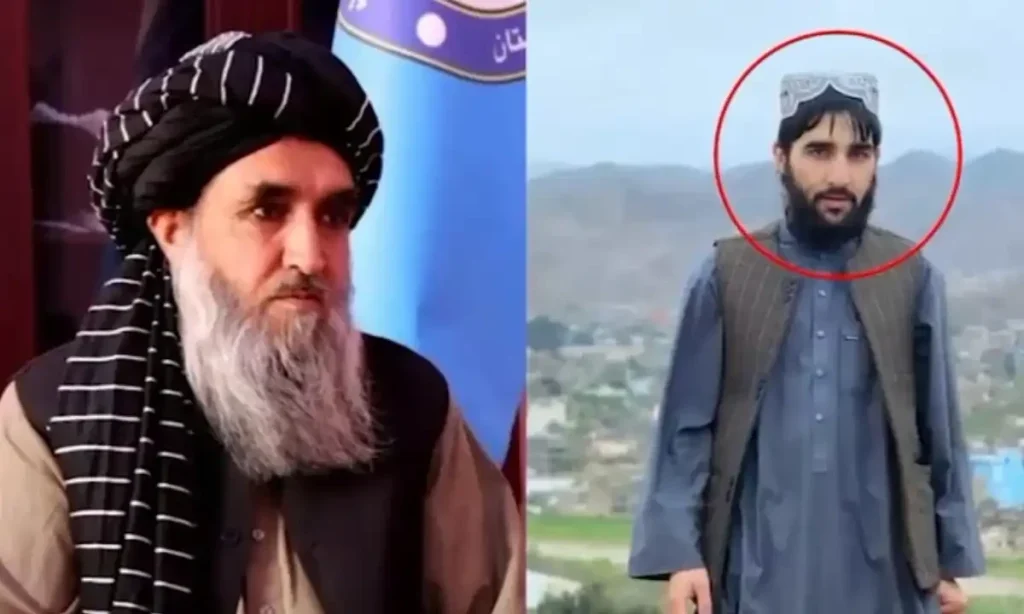Afghanistan has declined to retrieve the body of a deputy governor’s son who was killed alongside members of the Fitnat al-Khawarij in Pakistan. This refusal has raised serious questions about the alleged connections between Afghan officials and terrorist activities.
Sources reveal that solid evidence has emerged linking the Afghan government to the Fitnat al-Khawarij. This group, known for its extremist activities, has been a growing concern for regional security.
On the night of January 30-31, Pakistani security forces conducted a successful operation in Kalachi tehsil, Dera Ismail Khan. Four terrorists from the Fitnat al-Khawarij were killed. Among them was Badruddin, also known as Yousuf, the son of Maulvi Ghulam Mohammad Ahmadi, the deputy governor of Afghanistan’s Baghdis province.
During the operation, security forces recovered advanced weaponry, including M16A4 and M24 sniper rifles, as well as American-made night vision equipment. These findings suggest the terrorists were well-equipped, raising further concerns about their sources of support.
Despite repeated requests from Pakistan, Afghan authorities have refused to claim Badruddin’s body. This reluctance has fueled suspicions about the Afghan government’s involvement with terrorist groups.
Badruddin was reportedly trained at an Afghan Taliban center before joining the Fitnat al-Khawarij. He played a key role in orchestrating terrorist attacks from Afghanistan into Pakistan.
Analysts claim that the Afghan Taliban maintains close ties with groups like the Fitnat al-Khawarij. These connections include providing defense, technical, and financial support.
The Pakistani Foreign Ministry has expressed deep concern over the presence of American weapons in Afghanistan. These weapons, they argue, pose a significant threat to Pakistan’s security.
A defense analyst highlighted that the killing of Badruddin exposes the collaboration between the Afghan Taliban and the Fitnat al-Khawarij. Instead of condemning terrorism, Afghan officials have reportedly celebrated Badruddin’s death as martyrdom on social media.
Maulvi Ghulam Mohammad, Badruddin’s father, has been seen promoting Afghanistan’s reconstruction in the media. However, his son’s involvement in terrorism suggests a troubling contradiction.
Analysts warn that Afghanistan has become a hub for terrorist activities. They urge Afghan families to protect their youth from groups like the Fitnat al-Khawarij, which exploit them with false promises of education and jobs.
Many Afghans who cross into Pakistan with such groups end up either dead or arrested. This cycle of violence underscores the need for international action to address Afghanistan’s role as a breeding ground for terrorism.


